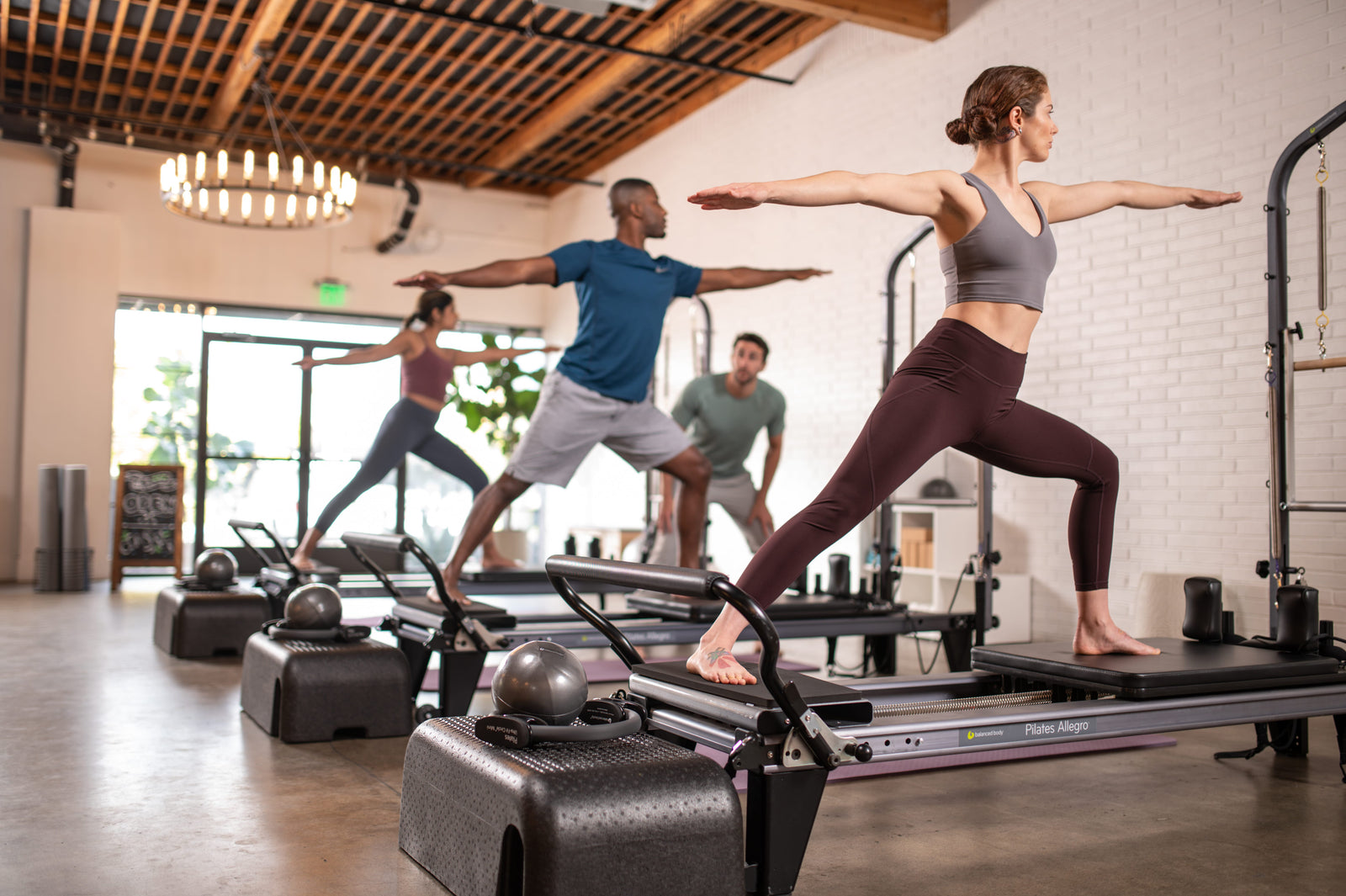Therapy online apps: the research results & tips for your patients at home
by: Sina Sommerhalder
Musculoskeletal professionals want to continue to offer their patients therapeutic support during the current very uncertain times with Covid-19. Expert guidance and support from therapists is a basic requirement for musculoskeletal rehabilitation. We have put together the important tools and tips for supporting your patients at home.
Research background: Exercises at home with online apps are more effective than with paper documents
A new research finding supports the use of online apps for home exercises. The use of online applications is becoming increasingly important in various areas of life. Now also in physiotherapy. Adherence exercises work more effectively with modern media than traditional paper-based versions.
The study by Lambert et al.* was published in one of the most important physiotherapy journals in the world, the Australian "Journal of Physiotherapy". The research group from Sydney randomized 80 patients with musculoskeletal complaints of the upper and lower extremities into two groups. After a one-off visit to the physiotherapist, the test subjects were given a home exercise program with 3-6 exercises for 4 weeks. The experimental group was sent the exercises via an app on their own smartphone. The group was also contacted by telephone for motivation and support. The patients also had the option of contacting the therapist by email. The control group received a paper version of the exercises. They were not called, but were only asked to return for an examination in 4 weeks. The most important outcome was the self-reported frequency of exercises performed. Both functional outcomes (PSFS) and the overall improvement in symptoms and satisfaction with the therapy were used.
The results of the experimental group were statistically significantly better than those of the control group. In terms of adherence and also for the functional outcomes, the experimental group was about 10% better than the control group. However, there were no significant differences between the groups in terms of satisfaction or overall improvement in their situation. The authors note that the exercises delivered via smartphone were performed more diligently and the function measured by the patient-specific functional scale (PSFS) was also 10% better than with the traditionally delivered exercises.

Prof. Dr. Hannu LuomajokiZHAW Winterthur, Institute of Physiotherapy, has studied the research results intensively: "Digitalization is influencing ever larger parts of our daily lives. In physiotherapy, it is clear that the most important thing is not the therapy, but what the patients themselves do after the therapy. It's understandable that exercises on a smartphone, which you always have with you, are more likely to be done than exercises on a piece of paper, which you might easily forget. It is unclear what relevance the therapist's telephone motivation had in the study. However, it is certainly time to use the possibilities of modern technology to keep exercise adherence as high as possible."

Online exercise programs for at home: personalized and transparent
According to the research results of the study described above, online exercise programs, especially with an app on the smartphone, are helpful in supporting the therapeutic and rehabilitative improvement of patients at home. This allows therapists to stay in contact with their patients and support them in successfully continuing their therapeutic training at home.
Physiotools is just such a training tool with over 15,000 exercises for creating professional training plans that can be individually tailored to patients.
Daily exercises with the appealing smartphone app offer a significant fun factor for performing the exercises. These provide clear instructions with pictures and/or videos. The reminder function simplifies integration into the daily routine and ensures that the training is carried out. Therapists can track individual patients' exercise values and training success on an ongoing basis.
What I see, I remember!
In addition to support with a training tool such as Physiotools, therapists can remind their patients to carry out exercises with small reminders and training aids. For example, anyone who SISSEL® Balancefit ® Pad on the floor in the bathroom can perform a stability exercise while brushing their teeth. A prominently placed SISSEL® Myofascia Roller prominently placed in the living room also reminds you to perform the exercises discussed.






